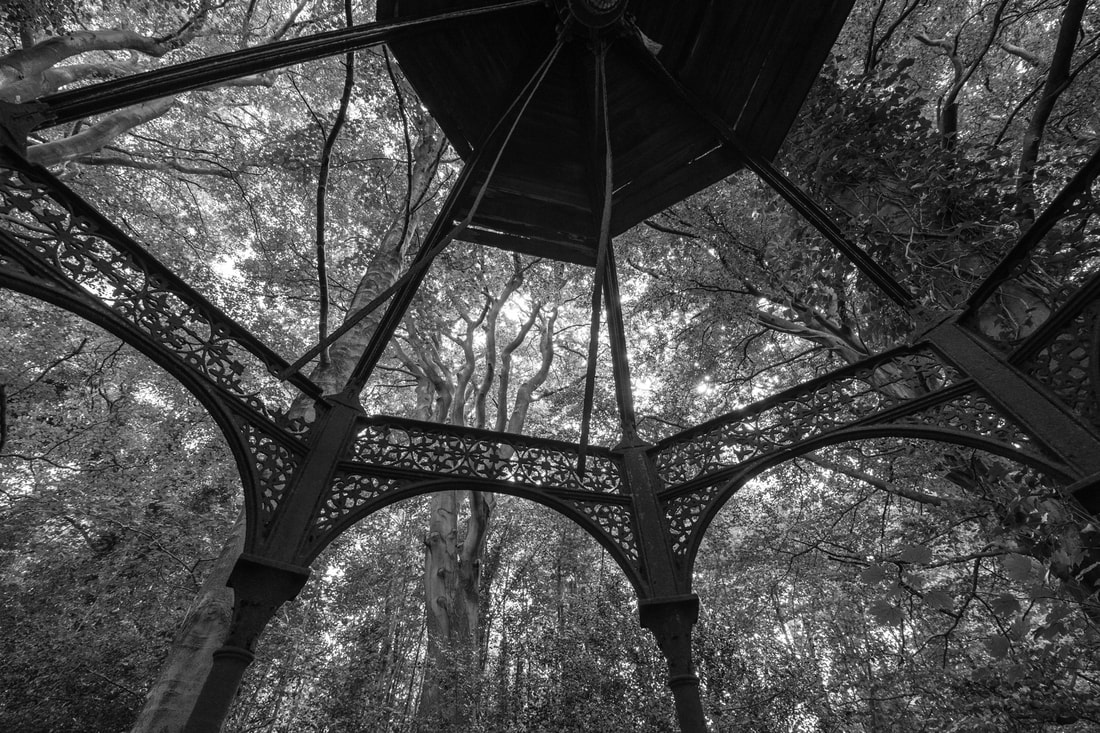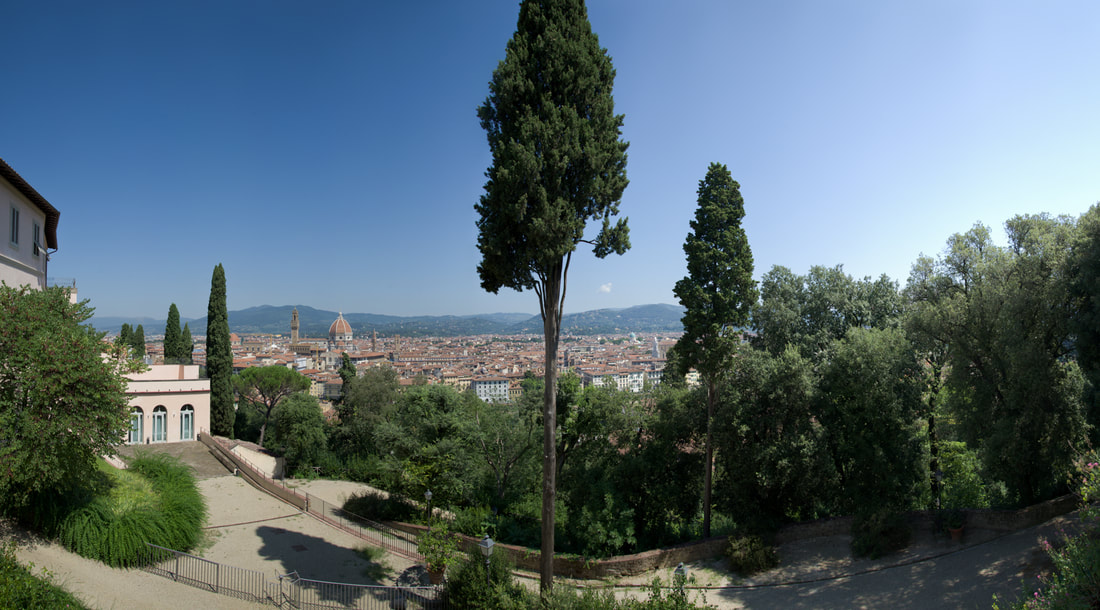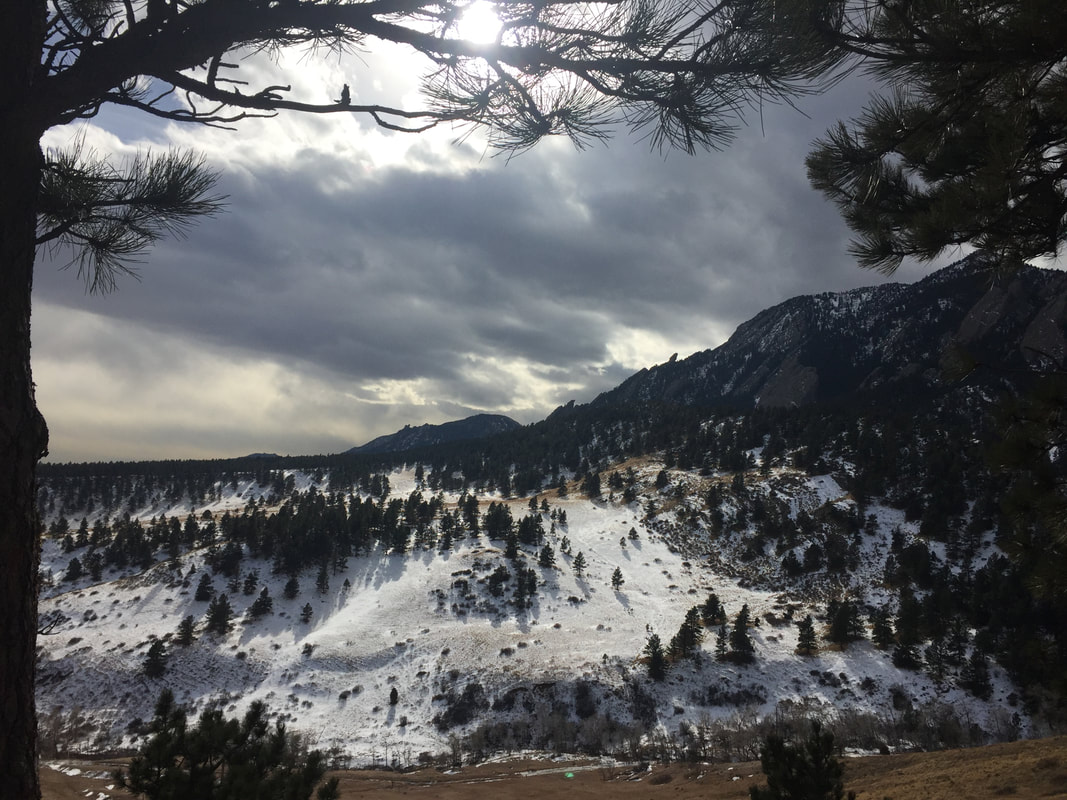Dinner with the romantic poets in the early years of the 19th century must have been a bundle of laughs, as they wrestled with the transience of life and the realities of the industrial revolution. The world around them was rapidly changing in ways that few could comprehend, and that change was accelerating. The assurances and certainties of the past were gone as urbanization, technological advances and scientific questioning took hold. Faced with so much change the Romantics did what they could, which was a mix of getting very depressed, and writing about it, reminiscing about a past ‘golden age’, and writing about it, doing a runner to southern Europe, and writing about it, and seeking solace in various medicinal pick-me-ups (ok, drugs) to help them, well, write about it... As a consequence, and if nothing else, we do have a substantial literature on the impact of change in the early 19th century. A fear of change is true for every generation. You only need to look at today’s newspapers, blogs, and social media to realize that it is as prevalent today as any age in the past. Each generation always seems to reminisce about some past ‘golden age’. The problem is that those ‘golden ages’ are never the same. If only people compared notes. Invariably, the ‘golden age’ is a period in their lives or past that they themselves barely remember or which they did not fully understand at the time. As has been said by many others, those who always look back to a ‘golden age’ have truly awful memories. The Romantics were no exception, as they tended to forget the realities of cabbage for dinner, unsanitary housing, and death by age 40, if you were lucky (the average age for the 16-18th centuries in England). The reality is that for the majority, today’s industrialized, globalized, technological world is a better place to live, for all its faults. We live longer, eat better, have access to so much more data and knowledge at the click of a button. We can immediately call anywhere in the world on a mobile phone, which can also access the world’s libraries, tell us where we are at any time, direct us to the nearest café latte, hospital or meeting. I for one have no wish to return to the 1970s, the 1950’s and certainly not the 18th or 19th centuries. For me, the golden age is what we aspire to build not a past age. This is not to say that the present-day is not scary and that we should not be concerned about change. The Industrial Revolution certainly scared the Romantics and raised in them some very important philosophical and moral questions that are just as valid today. Not least amongst these was the question of technological advance and scientific inquiry driven “because we can” rather than “whether we should”. This was embodied in Mary Shelley’s “Frankenstein”. This book was purportedly the product of a competition to write the best horror story, between Mary, her husband Percy Shelley, Lord Byron and John Polidori whilst they spent the summer of 1816 on the shores of Lake Geneva, on their way south. But it is a far deeper piece of literature than just a piece of “horror” fiction and something that all scientists should read. When I was at Chicago, “Frankenstein” was still essential reading on their ground-breaking Western Civilization course, which I assume it still is. There was also the question of permanence and through this, the question of what do each of us leave behind and does it matter? In short, how will we be remembered? In his poem “Ozymandias”, from which the quote that leads this blog is taken, Shelley describes all that there is left to show of a once powerful king, as a metaphor for us all. “Look on my Works, ye Mighty, and despair!” Now, just ruins. And yet… I was minded recently to think about this question by two conferences I attended 20 years part. The first conference, back in 1998, was a GIS conference in Florence, Italy. The second, a meeting of paleoclimate specialists in Colorado in 2016. Florence, 1998 It is hard not to attend a conference in Florence, especially one on maps. The atmosphere is heavy with the Renaissance, the libraries replete with ancient tomes and maps that are as much a work of beauty as of cartographic science. So ESRI Europe’s user group meeting in Florence could hardly fail, and it did not. The mix of academics, civil servants, decision makers, and industry specialists was stimulating. Through numerous conversations around posters and after talks I, for one, found solutions to some of the problems I was facing in petroleum exploration analytics, simply by seeing how other fields solved their problems. But, one conversation, over canapés and prosecco, made me stop and think. It was with a senior European civil servant, whose name I cannot remember if I ever knew it, who was close to retirement and who made the following statement to me, “that in our careers we can only ever hope to achieve one major thing”. I was relatively early in my own career and it left an impression. Could it be true? His argument was not in terms of numbers of projects or papers completed, but that at the end of the day you will be remembered for one thing and one big thing only. It is something that has stuck with me and something, to be honest, that at the time I did not believe at all Roll on 20 years…. Boulder, 2016 I had been out of Academia for over 20 years when I was invited to attend a paleoclimate workshop in Boulder, Colorado in early 2016. An impressive list of attendees and great discussions followed over two days, which I found scientifically therapeutic and a serious wake-up call to tell me that I had been in management too long. I also realized that I was getting old as I looked around and realized, to my chagrin, that the attendees who I thought were Ph.D. students were actually young professors - what they say about policemen looking younger and making you feel old, the same is true for professors! But when one person told me how they had read my work and used it for years, I was gratified, reassured, flattered. But the lingering question was this: was that my one achievement in my career that I would be remembered for? And that work was already 20 years old 2017. All change A year later, and I found myself self-employed. As an executive director for 10 years, my focus had been on management, strategy, and marketing. But, now here was an opportunity to regain my academic ‘mojo’, to catch up on research, teaching and several decades of scientific papers. An almost impossible task. Thank goodness for Kimbo espresso coffee, good wine and a range of great cookbooks… Now, after 24 months I have a major paper published, with several more on the way. New datasets in progress, a completely new data management system and suite of workflows, and an array of new ideas to promote. And most importantly, I have a reinvigorated curiosity about the Earth - my scientific ‘mojo’ is back. In so doing I also found an answer to my question. Are we limited to achieving only one big thing? No. Of course not. We can always do more. It is about time and priorities. And therein lies the issue. Once we get into our careers, where ever that takes us, time goes quickly. No sooner have we started then we are looking back. For me, it was when I was around 35. Next thing I knew I was close on 55. There is also the problem that at the very point that we can contribute most to science given our experience, that experience takes us into management where we can no longer do the science. Something is wrong with that surely! So, are there any lessons to learn that might help you if you are in the same position? Let me suggest a few thoughts:
Postscript As for Shelley and his companions watching the sunset over Lake Geneva? It is sobering to think that within eight years of their writing competition in Switzerland, Percy Shelley, John Polidori, and Lord Byron would all be dead, and all at a young age, 29 (1822), 25 (1821) and 35 (1824), respectively. Nothing is forever A pdf version of this blog is available here. PDF
0 Comments
|
AuthorDr Paul Markwick Archives
November 2023
Categories |
|
Copyright © 2017-2024 Knowing Earth Limited
|
E-mail: contact@knowing.earth
|



